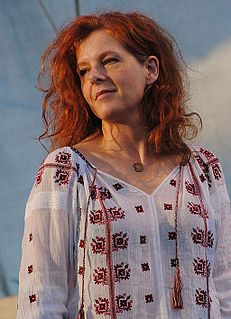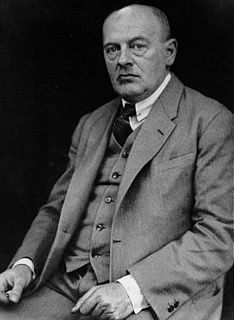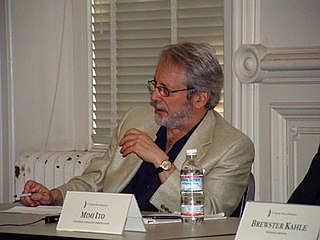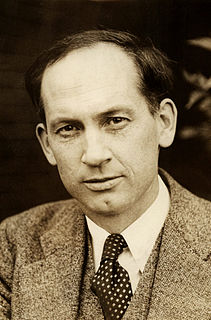A Quote by Thomas Merton
The Bible is not primarily a written or printed text to be scrutinized in private, in a scholar's study or a contemplative cell. It is a body of oral messages, announcements, prophecies, promulgations, recitals, histories, songs of praise, lamentations, etc., which are meant either to be uttered or at least read aloud, or chanted, or sung, or recited in a community convoked for the purpose of a living celebration.
Related Quotes
Writing is for stories to be read, books to be published, poems to be recited, plays to be acted, songs to be sung, newspapers to be shared, letters to be mailed, jokes to be told, notes to be passed, recipes to be cooked, messages to be exchanged, memos to be circulated, announcements to be posted, bills to be collected, posters to be displayed and diaries to be concealed. Writing is for ideas, action, reflection, and experience. It is not for having your ignorance exposed, your sensitivity destroyed, or your ability assessed.
I do not believe that God intended the study of theology to be dry and boring. Theology is the study of God and all his works! Theology is meant to be LIVED and PRAYED and SUNG! All of the great doctrinal writings of the Bible (such as Paul's epistle to the Romans) are full of praise to God and personal application to life.
IN PERSIA I SAW that poetry is meant to be set to music & chanted or sung--for one reason alone--because it works.A right combination of image & tune plunges the audience into a hal (something between emotional/aesthetic mood & trance of hyperawareness), outbursts of weeping, fits of dancing--measurable physical response to art. For us the link between poetry & body died with the bardic era--we read under the influence of a cartesian anaesthetic gas.
Ressentiment is always to some degree a determinant of the romantic type of mind. At least this is so when the romantic nostalgia for some past era (Hellas, the Middle Ages, etc.) is not primarily based on the values of that period, but on the wish to escape from the present. Then all praise of the “past” has the implied purpose of downgrading present-day reality.
Truly fine poetry must be read aloud. A good poem does not allow itself to be read in a low voice or silently. If we can read it silently, it is not a valid poem: a poem demands pronunciation. Poetry always remembers that it was an oral art before it was a written art. It remembers that it was first song.
What I mean by context is worldview - having the ancient Israelite or first-century Jew in your head as you read. How would an ancient Israelite or first-century Jew read the Bible - what would they be thinking in terms of its meaning? The truth is that if we put one of those people into a small group Bible study and asked them what they thought about a given passage meant, their answer would be quite a bit different in many cases than anything the average Christian would think. They belonged to the world that produced the Bible, which is the context the Bible needs to be understood by.
Unlike most readers in Antiquity who read their books aloud, we have developed the convention of reading silently. This lets us read more widely but often less well, especially when what we are reading-such as the plays of Shakespeare and Holy Scripture-is a body of oral material that has been, almost but not quite accidentally, captured in a book like a fly in amber.
Every cell in our body, whether it's a bacterial cell or a human cell, has a genome. You can extract that genome - it's kind of like a linear tape - and you can read it by a variety of methods. Similarly, like a string of letters that you can read, you can also change it. You can write, you can edit it, and then you can put it back in the cell.
I write about the period 1933-42, and I read books written during those years: books by foreign correspondents of the time, histories of the time written contemporaneously or just afterwards, autobiographies and biographies of people who were there, present-day histories of the period, and novels written during those times.



































